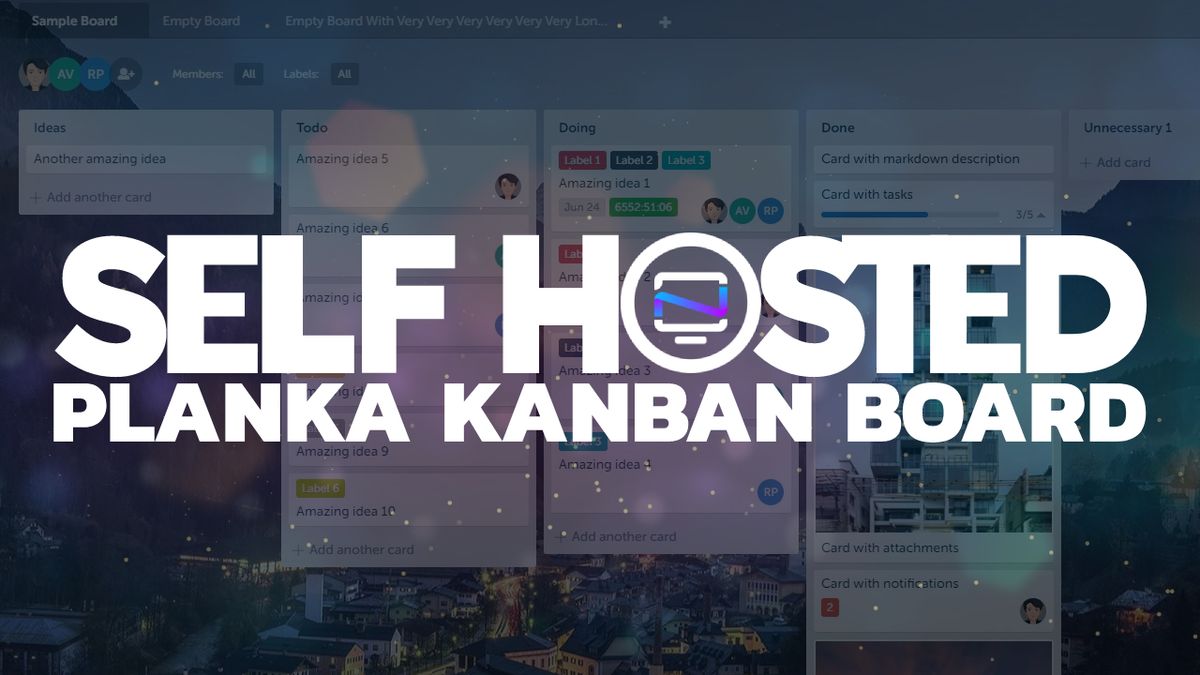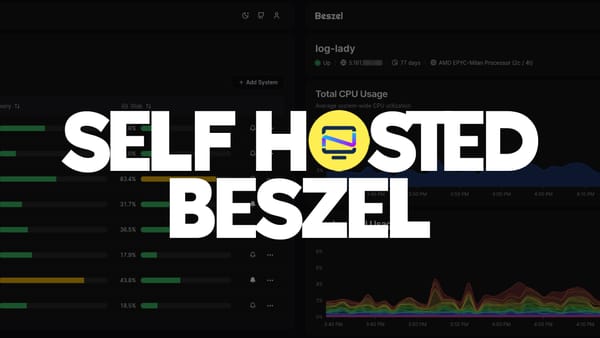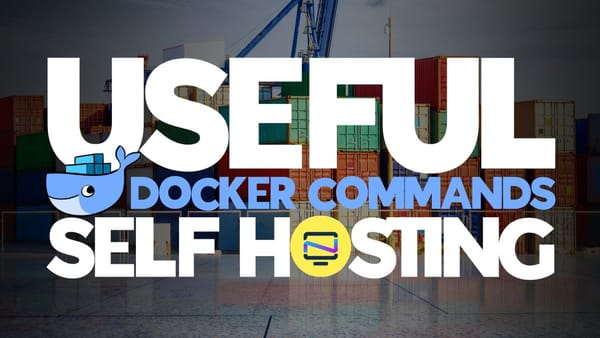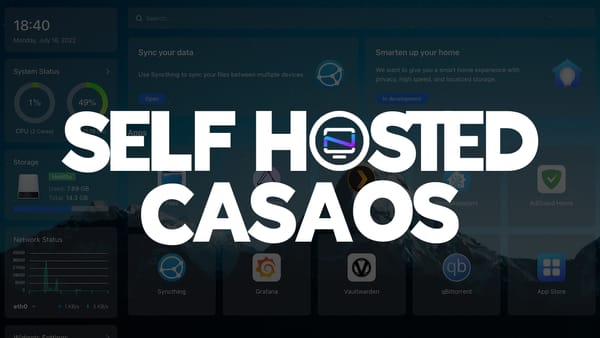Planka Self-Hosted: The Ultimate Tool for Effortless Project Management Control
Say goodbye to project management headaches and hello to Planka. The self-hosted tool that actually makes work fun!

Let's face it, staying organized and on top of deadlines can be tough, especially when you've got a lot of different projects going on and are working with a team. Luckily, there are tools out there like Planka that can help you manage things more efficiently. In this article, we'll dive into what Planka is all about, looking at what it can do for you and any potential downsides to consider before you try it out.
What is Planka?
Planka is an open-source and self-hosted project tracking platform. It allows for easy management of projects, boards, lists, cards, labels, and tasks. You can add card members, track time, set a due date, add attachments, and write comments. The platform also supports using markdown in card descriptions and comments. To some, it may remind you of Trello, and that's basically what Planka is!
Planka's filter feature makes it possible to sort data by members and labels, which can be very helpful when managing complex projects. Look and feel can be customized with the option of selecting your preferred project background, thus adding a personal touch to your projects.

Another great feature of Planka is that it supports real-time updates, which means that all updates and changes are visible to users instantly without requiring a page refresh. Furthermore, Planka sends notifications to users when there are updates on their assigned tasks or cards.
Planka is also designed with international users in mind, with support for the use of different languages.

If you'd like to start using Planka, you need Docker and Docker Compose installed and operational. You can also create a docker-compose.yml file based on the example given on the platform's website. This file is the only one that you will require. You will need to edit the BASE_URL and SECRET_KEY using your domain name or IP address and random values, respectively.
version: '3'
services:
planka:
image: ghcr.io/plankanban/planka:latest
command: >
bash -c
"for i in `seq 1 30`; do
./start.sh &&
s=$$? && break || s=$$?;
echo \"Tried $$i times. Waiting 5 seconds...\";
sleep 5;
done; (exit $$s)"
restart: unless-stopped
volumes:
- user-avatars:/app/public/user-avatars
- project-background-images:/app/public/project-background-images
- attachments:/app/private/attachments
ports:
- 3000:1337
environment:
- BASE_URL=http://localhost:3000
- TRUST_PROXY=0
- DATABASE_URL=postgresql://postgres@postgres/planka
- SECRET_KEY=notsecretkey
# related: https://github.com/knex/knex/issues/2354
# As knex does not pass query parameters from the connection string we
# have to use environment variables in order to pass the desired values, e.g.
# - PGSSLMODE=<value>
# Configure knex to accept SSL certificates
# - KNEX_REJECT_UNAUTHORIZED_SSL_CERTIFICATE=false
depends_on:
- postgres
postgres:
image: postgres:14-alpine
restart: unless-stopped
volumes:
- db-data:/var/lib/postgresql/data
environment:
- POSTGRES_DB=planka
- POSTGRES_HOST_AUTH_METHOD=trust
volumes:
user-avatars:
project-background-images:
attachments:
db-data:
To start using Planka, download the docker-compose.yml file and pull images and start services using the command docker-compose up -d. Then visit your docker host on port 3000 to view the Planka login.
Login using the following default Planka username and password:
username: [email protected]
password: demo
While Planka has many benefits and is a great project management tool, there are a few cons to consider:
- Limited integrations: Currently, Planka has limited integrations with other systems and tools. If you rely on many different tools and need to connect them to your project management system, then Planka may not be the best choice for you.
- No mobile app: Currently, Planka does not have a mobile app, which could be seen as a disadvantage for teams that need to manage projects on the go.
- Limited reporting and notification capabilities: Planka has limited reporting capabilities, which could be problematic for larger organizations with more complex reporting needs. Also, there are no email or push notification options built in for reminders.
Final Notes and Thoughts
While the lack of notifications might be a crucial concern for some users, Planka still remains a great project management tool with many other useful features. The developer has shown a commitment to the ongoing development of Planka, addressing user concerns and feedback. We can expect that important features, like notification capabilities, will likely receive attention in future releases. So, if you're looking for an easy-to-use, customizable, and efficient project management tool that can take your workflow to the next level, Planka is still an excellent option, despite its current limitations.
As always, if you find Planka useful, be sure to hop on over to the Planka Github repo and give it a star!




